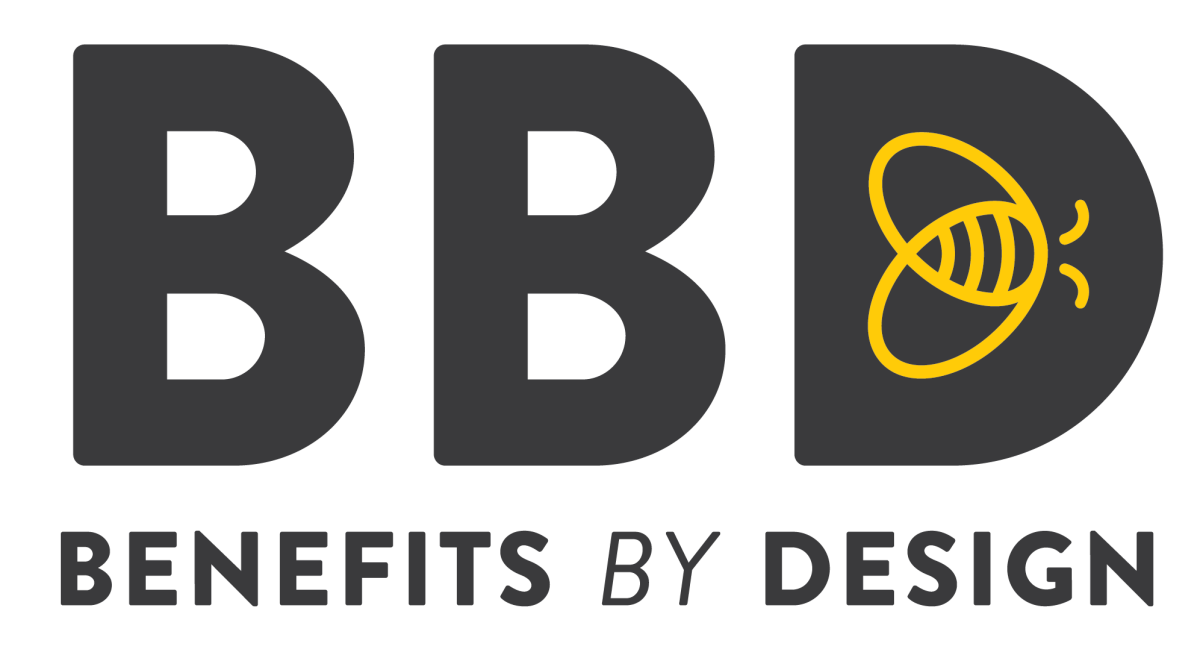How to foster a culture of continuous learning through benefits
By: Benefits by Design | Tuesday April 15, 2025
Updated : Monday April 14, 2025
This is a guest blog post by Zac Amos — Features Editor at ReHack Magazine.
Even the most talented employees can sometimes feel unmotivated in their roles or fall behind in the rapidly evolving workplace. Companies that invest in a culture of continuous learning encourage development and performance improvements, skills enhancement and an appetite for innovation — all of which enable them to remain as formidable industry competition.
The question you might have is: how to embed learning engagement into your business’ ethos. One practical way could be through employee benefits.
Why instill a culture of continuous learning in the workplace?
A recent Forbes survey found that one in five in-office workers want professional development benefits to help them climb the career ladder. These courses or programs could be in person or remote, including paid travel and attendance at industry conferences, seminars, workshops and networking events.
As it stands, a mere 46% of employees feel their organizations support their career growth. Many shortcomings stem from teams having higher expectations for professional progression and choosing to pursue jobs elsewhere when their needs aren’t met. Organizational structural shifts and increasing digitization also make it harder for employers to keep up with workers’ learning demands.
However, a Gallup study suggests that companies making strategic investments in their employees’ upskilling report 11% higher profitability and are twice as likely to retain top talent.
How to use employee benefits to encourage continuous learning
Your business will reap the benefits when you foster a culture of continuous learning at work. Here are five straightforward ways to integrate professional growth into your benefits offerings.
1. Provide professional development
Professional development entails several career growth opportunities, from in-person training and workshops to seminars. Many offerings are also deliverable in online settings for remote workforces.
Special programs and learning modules may home in on certain knowledge gaps and skill sets, some of which could be role-specific. Companies that demonstrate their commitment to improvement will best motivate their teams to keep up with lifelong learning throughout their careers.
2. Offer tuition reimbursement
Under the CARES Act, you can offer to repay workers tax-free up to $5,250 in employee student loan debt or current education until December 31, 2025. You might also choose to reimburse tuition for continuous learning pertaining to their jobs.
Tuition reimbursement programs help employees pursue ongoing education more affordably to acquire new skills for work. Companies can then leverage their workforce’s newfound mastery of the latest technology and industry expertise.
What is a Personal Spending Account (PSA) and How Does it Work?
3. Designate paid learning time
Furthering your education and undergoing skills-based training is time-consuming. For those with important obligations outside of work — like caregiving for children or an older adult — their time is especially precious.
If possible, budget for online learning, workshops and conferences, as well as allocating paid time for worker participation. You could even allot time throughout the workday for employees to complete their education during work hours.
4. Encourage learning benchmarks
Employers can set expectations for employees to meet learning benchmarks, setting them up for promotions. These goals, demonstrating their ongoing commitment to improving their skills and knowledge, can be a part of their performance evaluations.
Financial incentives to complete learning initiatives through a bonus program may be another option. Employees may receive a set amount for completing various learning activities, certifications and other milestones.
5. Create mentorship and peer coaching programs
Collaboration with another team member encourages workers to learn from each other through experience and skills sharing. This is best achieved in a mentorship program or through peer coaching.
Studies show that participants have positive experiences in mentor-mentee relationships. Mentees can learn more specialized skills within their fields and given roles, while mentors brush up on their leadership abilities.
Grow your business with enthusiastic learners
Everyone dreams of getting ahead in their careers. By offering generous benefits packages with opportunities for continuous learning, you can inspire your teams to take the initiative for their professional growth. Invest in your employees and watch them return the favor with outstanding innovation and enthusiasm.


